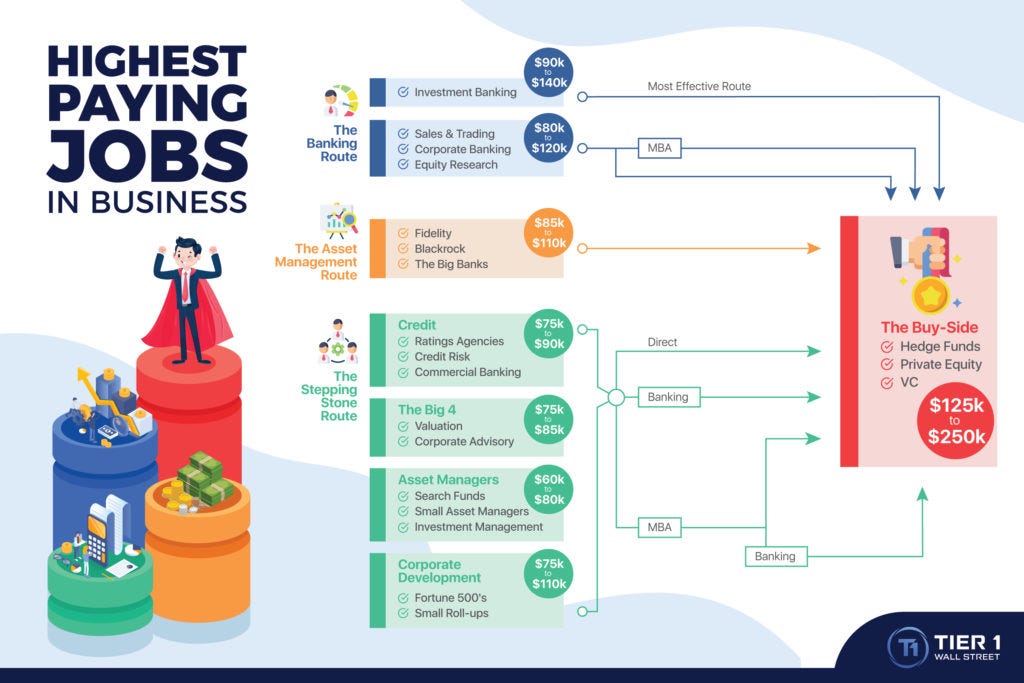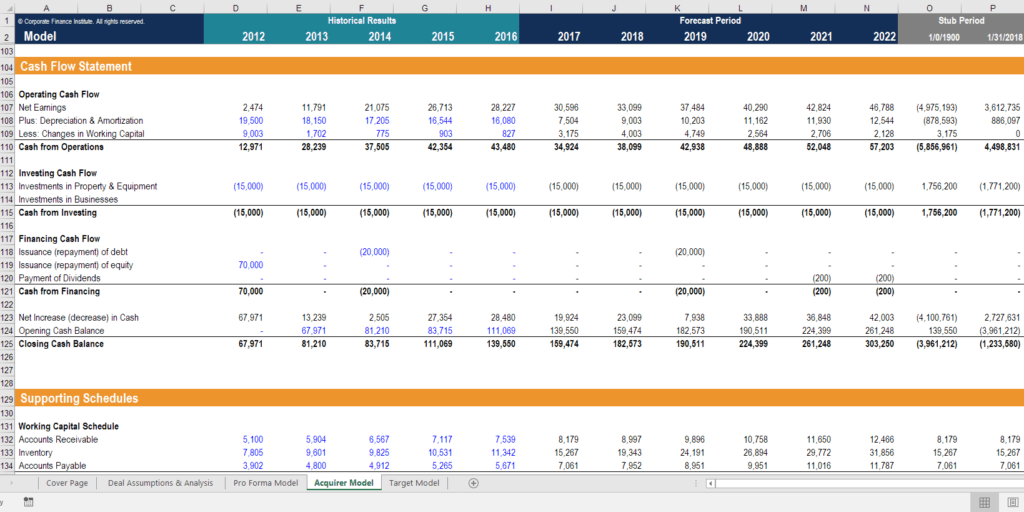Table of Contents6 Simple Techniques For How To Find The Beta For A Bond FinanceAll about Why Does Spectre Finance Terrorism In James Bond4 Easy Facts About How To Find Bond Price On Yahoo Finance ExplainedThe Main Principles Of What Is Callable Bond In Finance
Companies aren't the only entities that can provide bonds. Federal governments and towns sell them as well. Let's look at how these sort of bonds vary. Ad Federal Government Bonds: To money programs, satisfy their payrolls and basically pay their costs, federal governments issue bonds. Bonds from steady governments, such as the United States, are considered exceptionally safe financial investments.

The U.S. federal government provides its own bonds from the treasury and from a number of government agencies. Those growing in less than one year are called T-bills. Bonds that mature in one to 10 years are T-notes, and those that take more than 10 years to grow are treasury bonds. Sometimes, you don't need to pay state or regional earnings taxes on the interest they earn.
Munis finance things like medical facilities, schools, power plants, streets, office buildings, airports, bridges and so forth. Municipalities usually release bonds when they require more cash than they gather through taxes. The advantage about community bonds is that you do not need to pay federal income taxes on the interest they earn.
While corporate bonds are a higher danger than federal government bonds, they can earn a lot more cash. There's also a much larger choice of business bonds. The drawback is that you do have to pay federal earnings tax on the interest they earn. Especially when investing in corporate bonds, it is essential to consider how dangerous the bond is.
You can research the provider's financial circumstance to see how solid its prospects are. This includes examining things like cash circulation, debt, liquidity and the company's service strategy. As enjoyable as it sounds to look into these things, most of us do not have the time or skills to analyze a corporation's financial situation properly.
Their experts investigate a business's situation and determine a bond rating for the business. Every rating service has its own formula for measuring threat and its own kind of rating scale. Normally, ranking scales are spelled out in letter grades, where an AAA ranking designates a safe, low-risk bond, and a D score designates a high-risk bond.
federal government bonds, are generally low-yield bonds. You can depend on getting a payment but that payment will be small. how do i calculate the yield to maturity of a bond using business finance online. On the other side of the spectrum, you have what's not-so-affectionately referred to as, which are low-rated, high-risk bonds. In order to entice investors into purchasing these risky scrap bonds, the releasing business promise high yields.
The Best Strategy To Use For What Is The Value Of A Bond Quizlet Finance
But if you do, you might get paid in spades. Still unsure about a few of the terms related to bond financial investment? Take a look at the glossary on the next page.
Bonds are loans made to big organizations. These include corporations, cities, and nationwide federal governments. A specific bond is a piece of an enormous loan. That's due to the fact that the size of these entities needs them to borrow money from more than one source. Bonds are a kind of fixed-income financial investment. The other kinds of financial investments are money, stocks, products, and derivatives.
They vary according to who issues them, length until maturity, interest rate, and danger. The best are short-term U.S. finance quizlet when bond rates rise. Treasury expenses, however they likewise pay the least interest. Longer-term treasurys, like the benchmark 10-year note, use slightly less risk and marginally higher yields. TIPS are Treasury bonds that secure against inflation.
They return a bit more than Treasuries however are a bit riskier. Business bonds are released by companies. They have more risk than government bonds due to the fact that corporations can't raise taxes to pay for the bonds. The threat and return depend on how credit-worthy the company is. The highest paying and highest danger ones are called scrap bonds.
Till then, the borrower makes agreed-upon interest payments to the shareholder. People who own bonds are likewise called creditors or debtholders. In the old days, when people kept paper bonds, they would redeem the interest payments by clipping coupons. Today, this is all done electronically. Obviously, the debtor repays the principal, called the stated value, when the bond grows.
They can only do this since there is a secondary market for bonds. Bonds are either openly traded on exchanges or offered privately between a broker and the creditor. Because they can be resold, the worth of a bond rises and falls up until it matures. Think Of The Coca-Cola Company desired to borrow $10 billion from financiers to acquire a big tea company in Asia.
It provides each bond at a par worth of $1,000 and promises to pay pro-rata interest semi-annually. Through an investment bank, it approaches investors who purchase the bonds. In this case, Coke requires to offer 10 million bonds at $1,000 each to raise its wanted $10 billion before paying the costs it would incur. Each $1,000 bond is going to get $25.00 annually in interest.
Things about What Is A Bond Finance Quizlet
If all goes well, at the end of ten years, the initial $1,000 will be returned on the maturity date and the bond will disappear. Bonds settle in 2 methods. First, you get earnings through the interest payments. Naturally, if you hold the bond to maturity, you will get all your principal back.
You can't lose your financial investment unless the entity defaults. Second, you can profit if you resell the bond at a higher price than you purchased it. Often bond traders will bid up the price of the bond beyond its stated value. That would happen if the net present worth of its interest payments and principal were greater than alternative bond investments.
Many individual financiers prefer to let a skilled fund manager choose the very best choice of bonds. A mutual fund can also minimize threat through diversification. By doing this, if one entity defaults on its bonds, then only a little part of the financial investment is lost. Some bonds, called zero-coupon bonds, do not disperse interest income in the type of checks or direct deposit but, rather, are issued at a particularly determined discount.
Over the long haul, bonds pay out a lower return on your investment than stocks. In that case, you might not make enough to surpass inflation. Investing just in bonds may not enable you to conserve enough for retirement. Business can default on bonds. That's why you need to inspect the shareholder's S&P ratings.
They might rapidly default. They should offer a much greater interest rate to bring in purchasers. Although generally considered "safe," bonds do have some threat. Credit threat refers to the possibility of not receiving your promised principal or interest at the contractually guaranteed time due to the issuer's failure or unwillingness to disperse it to you.
The absolute greatest investment-grade bond is a Triple-A rated bond. There is constantly a possibility that the government will enact policies, deliberately or accidentally, that lead to extensive inflation. Unless you own a variable rate bond or the bond itself has some sort of integrated security, a high rate of inflation can damage your acquiring power.
When you invest in a bond, you understand that it's probably going to be sending you interest earnings frequently. There is a risk in this, though, in that you can not predict ahead of time the precise rate at which you will have the ability to reinvest the cash. If interest rates have dropped significantly, you'll have to put your fresh interest earnings to operate in bonds yielding lower returns than you had actually been delighting in.
All about What A Bond In Finance
This indicates that when you obtain them, you might have a difficult time offering bonds at top dollar. This is among the reasons it is often best to restrict the purchase of specific bonds for your portfolio to bonds you intend to hold till maturity. For many individuals, valuing bonds can be confusing.
In other words, the more demand there is for bonds, the lower the yield. That appears counter-intuitive. The reason lies in the secondary market. As individuals need bonds, they pay a higher cost for them. However the interest payment to the shareholder is repaired; it was set when the bond was initially offered.

Put another method, the price they spent for the bond yields a lower return. Investors typically require bonds when the stock market ends up being riskier. They are ready to pay more to avoid the greater risk of a plunging stock market. Because bonds return a fixed interest payment, they look attractive when the economy and stock market decrease.